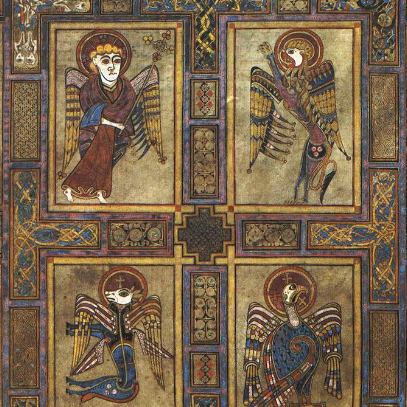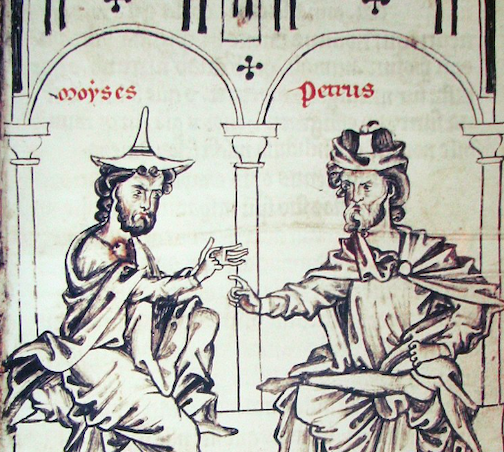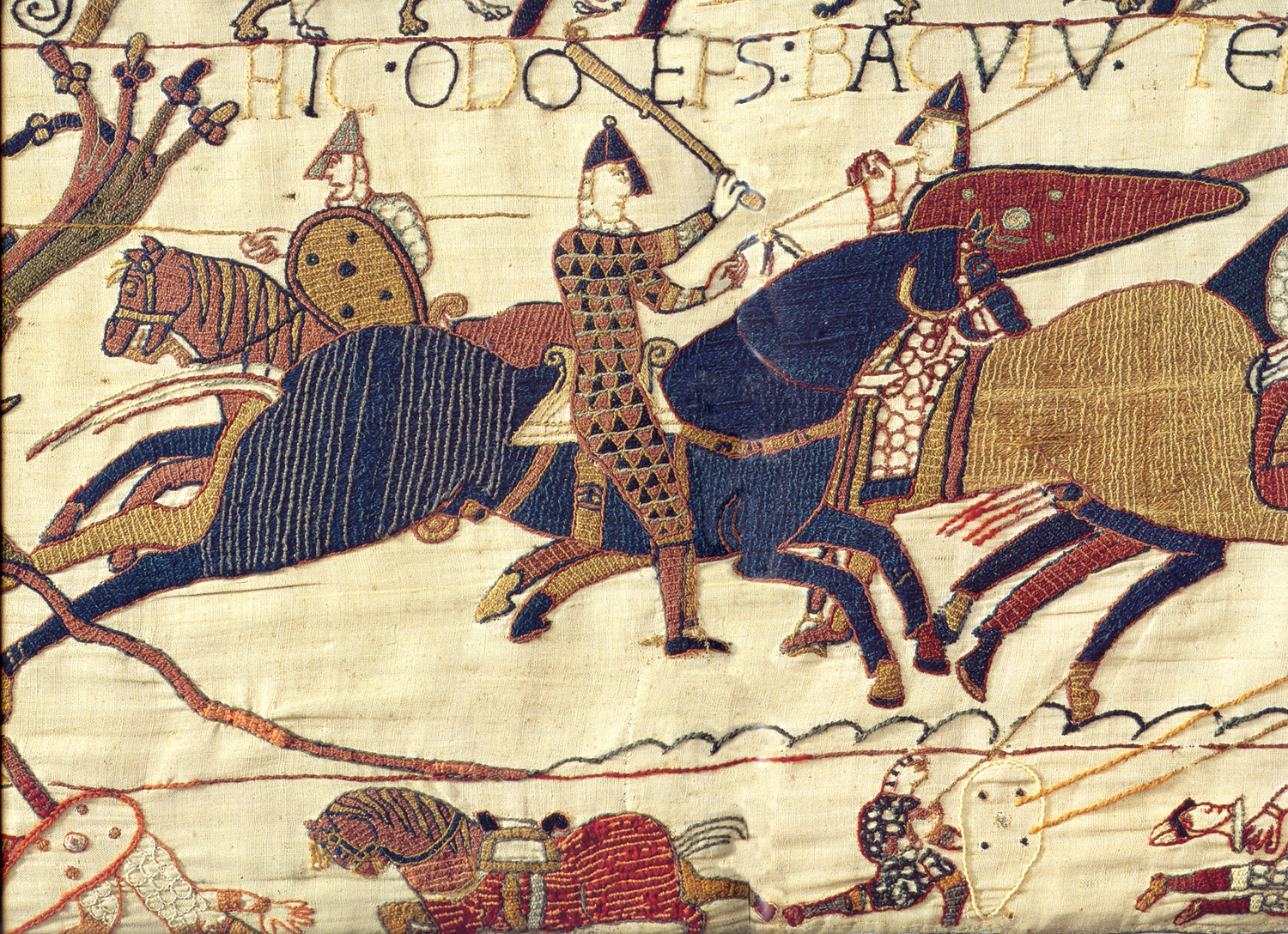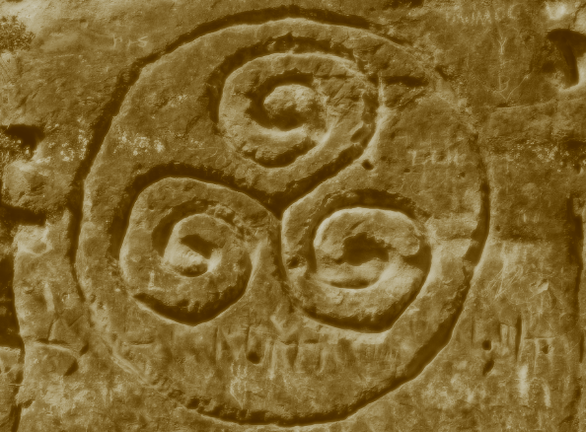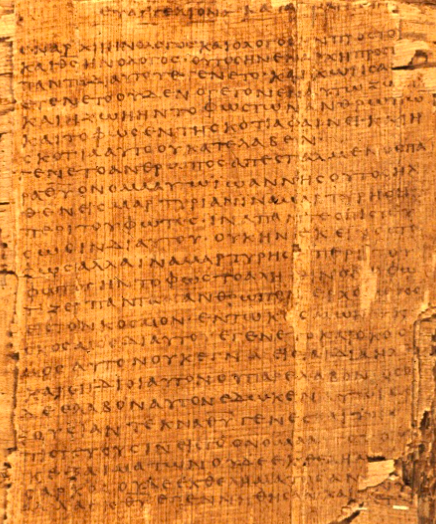Texts in Context: Timeline of the Early Middle Ages
Just as Roman law and Christian faith were being torn to pieces in the Mediterranean, parchment and pen had appeared among the barbarians of the north …
Texts in Context: Timeline of the Early Middle Ages Read More »
